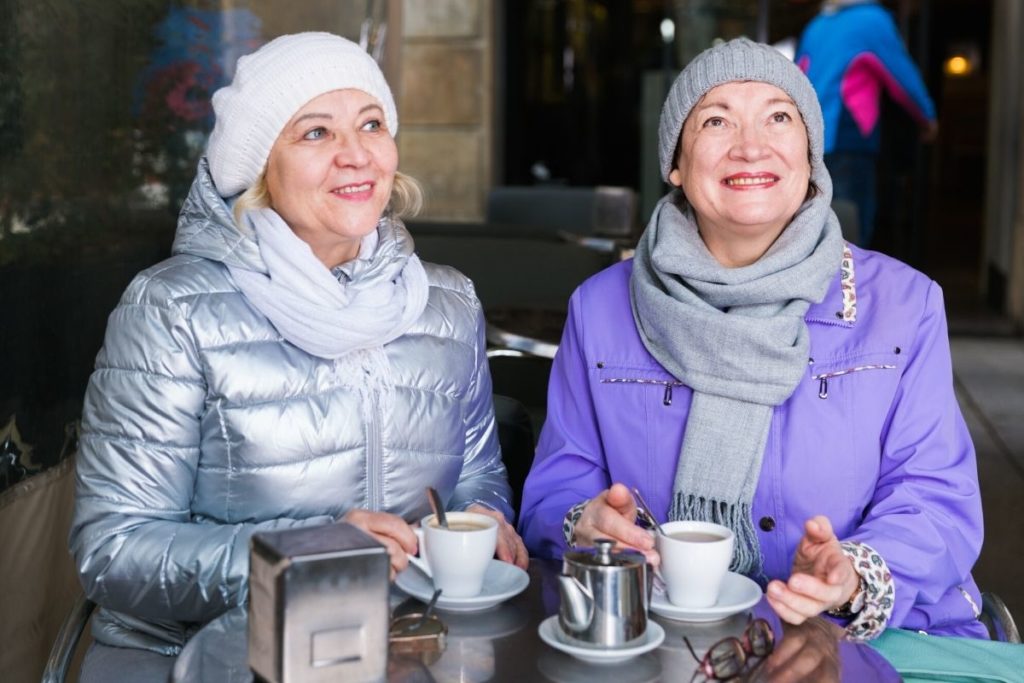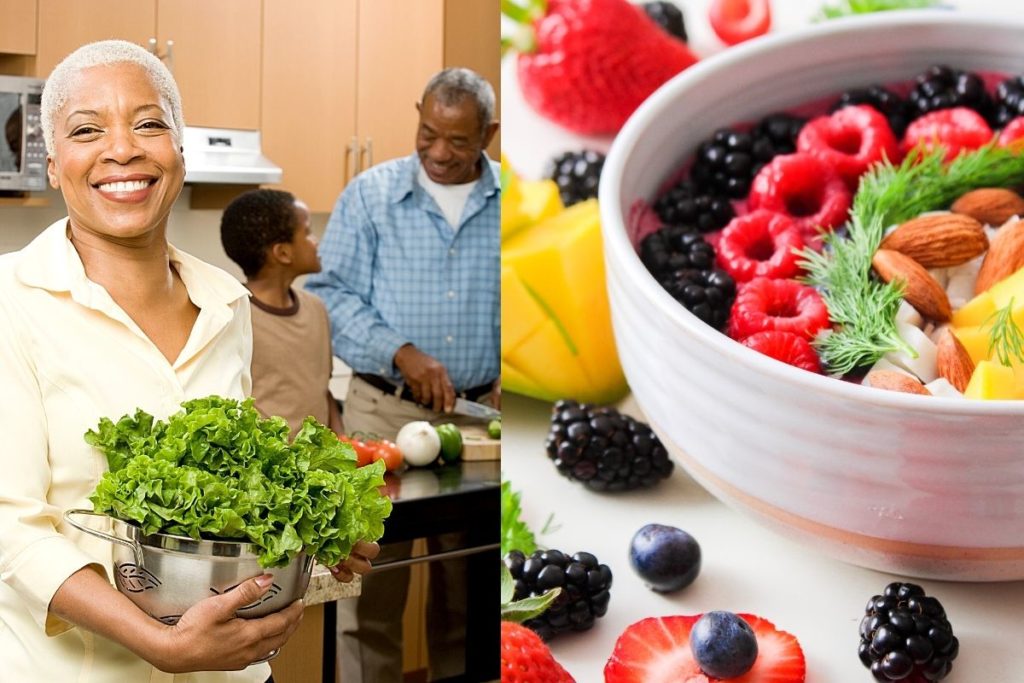Cold Weather Safety for Older Adults

That time of year is upon us again. The leaves are turning those beautiful fall colors of deep brown, red, and purple, and soon they’ll fall to the ground and it will be winter! Winter can be extra hard on older adults as the low temperatures can cause aching joints, ice that can increase the risk of falling, and spells of seasonal flu that can take their toll on the immune system. At Prestige Home Care Agency, we know exactly how draining winter can be on an older person, which is why we’ve put together a set of cold weather safety tips to help you or your loved one ensure this winter is safe yet fun.
1. Keep Those Feet Firmly on the Ground
Older adults usually have some anxieties about falling, but these anxieties can increase during icy weather. Every year, thousands of people, old and young, have accidents from slipping on ice. But, the truth is that most of these could have been avoided. Get yourself a walking cane, some good quality non-skid soled shoes, and ensure you stick to walking in areas where snow has been cleared and grit has been spread to minimize the risk of falling.
2. Dress for the Occasion
Getting caught out in the cold is not a nice experience, especially if you’re into your senior years! Older adults are at an increased risk of cold-related issues such as hypothermia and even frostbite. So, it’s a good idea to invest in some good quality winter clothing like a jacket, gloves, thick winter socks, a warm hat, a scarf, and some earmuffs. You should also consider bringing extra layers in case you are out longer than you planned or if you cool down after you’ve stopped moving.
3. Keep Yourself Mentally Strong
It’s often an unrecognized issue, but wintertime depression affects hundreds of thousands of Americans every year! Seniors are at increased risk due to winter conditions limiting their mobility, which can lead to isolation-induced depression. To help keep this mental scourge at bay, it’s a good idea to stay in contact with family and friends, even if it’s just a quick phone call. Even more effective is having a home care specialist visit regularly. This is just one of the many issues that home care nurses help relieve for older adults.
4. Eat Well
Winter can take its toll in many ways. One can be diet. Older adults tend to spend longer periods indoors during the winter months, which can mean they limit the range of healthy, nutritious foods they consume. Certain vitamins are more in demand in the winter, including vitamins D and C. Try eating foods fortified with vitamin D and increasing your vitamin C intake between November and March.
5. Keep the Flu at Bay
When you’re older, the flu can be a serious health risk. There are certain precautions you should take to avoid catching it and ones you should take if you do! To reduce the chance of getting sick, the best thing you can do is get a yearly flu vaccination. You should also always carry Kleenexes and pocket-sized hand sanitizer wherever you go. Use sanitizer after attending busy public places such as subway stations or shopping malls. If you are unfortunate enough to get sick, make sure you rest, drink plenty of fluids and seek medical attention if you think you’re not getting better or your condition deteriorates.
Wintertime comes with a whole host of risks, but being smart, organized, and well-equipped will ensure you’re ready to take it head-on and hopefully avoid the common pitfalls that the change in the seasons can bring! At Prestige Home Care Agency, we know how to help ease the winter months for our clients, so give us a call or visit us to ask for advice on preparing for winter or how our services can help you or your loved one.

